#1
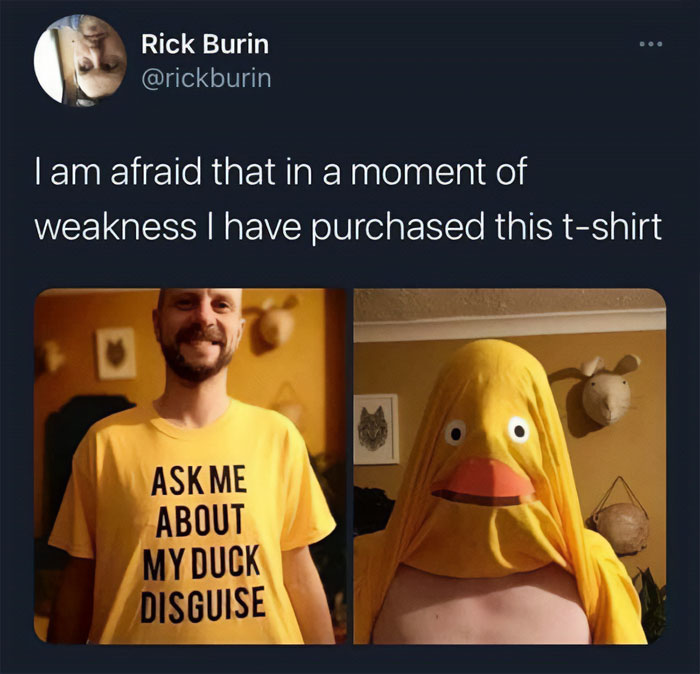
Image credits: Cristian Ortega
#2

Image credits: Molly Fletcher
#3
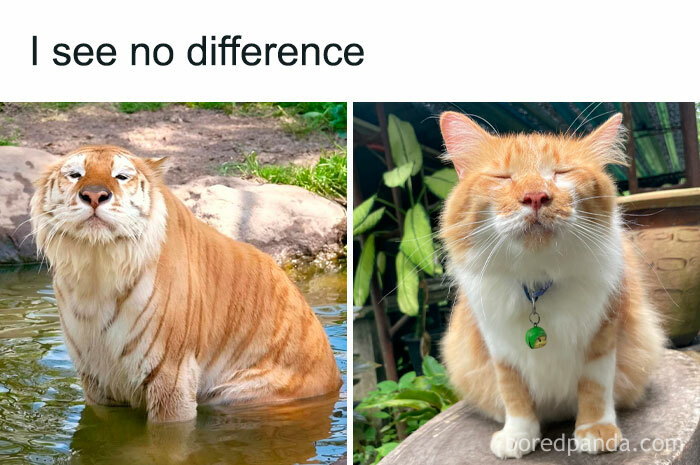
Image credits: Molly Fletcher
In a previous interview with psychologist and founder and CEO of the Private Therapy Clinic, Dr. Becky Spelman, we spoke a little bit more about why people seek weird or disturbing things online and in real life.
“The captivation with disgust can be attributed to several psychological factors. Firstly, there's a phenomenon known as "benign masochism," where people derive pleasure from experiences that are initially perceived as negative.”
#4
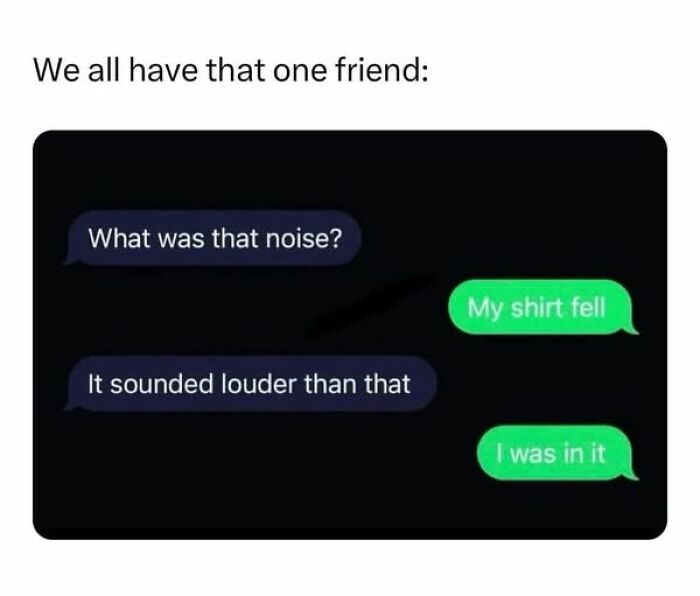
Image credits: Xandria Elizabeth
#5

Image credits: Mike Mitchell
#6

Image credits: Melissa Fingland
“This can include watching scary movies, eating extremely spicy food, or, in this case, viewing disturbing images,” she further explained.
“It's a form of thrill-seeking, where the knowledge that these experiences are not actually harmful allows people to enjoy the sensation of being "disgusted" in a safe environment.”
#7
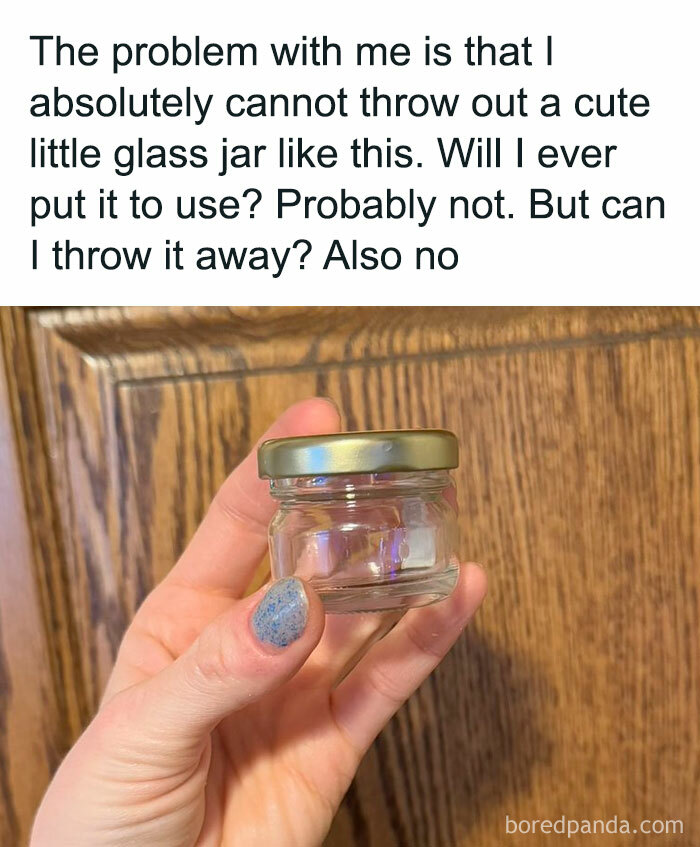
Image credits: Melissa Fingland
#8

Image credits: Tina Tic
#9
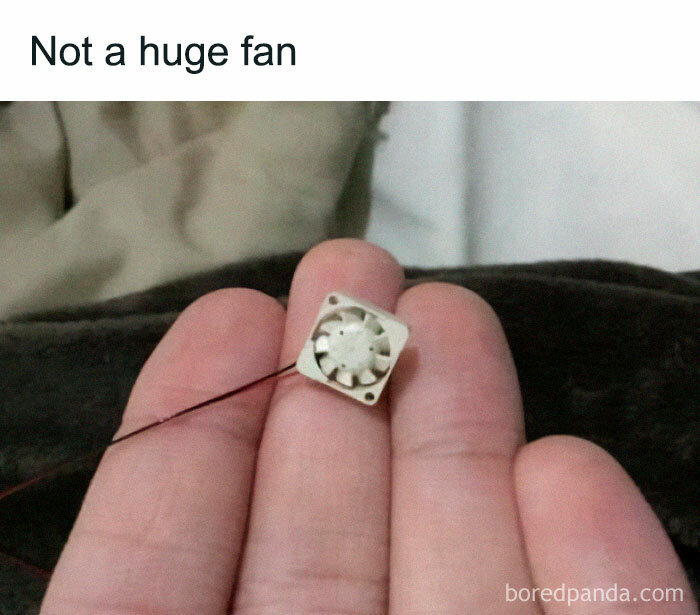
Image credits: Xandria Elizabeth
Some people even seek out these experiences as a way to cope. "Engaging in activities that are slightly unpleasant or discomforting but ultimately harmless can provide a sense of control and a way to confront fears or anxieties in a controlled setting. It's a way to experience and process negative emotions in a context where the individual feels safe and in control. This can be therapeutic and help in building resilience against stress and anxiety."
#10

Image credits: Melissa Fingland
#11
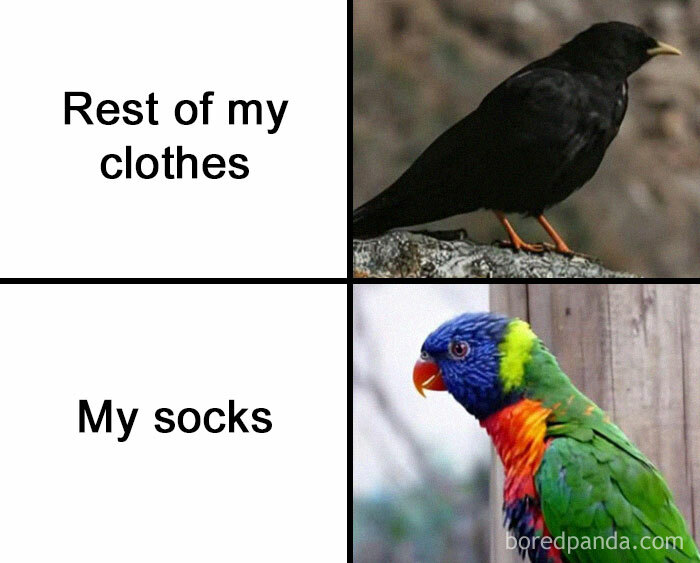
Image credits: Molly Fletcher
#12

Image credits: Molly Fletcher
While it can provide many benefits for people, Spelman warns that if not consumed in moderation or kept in balance, it can have negative consequences. “These behaviors can escalate, leading to a desensitization to disturbing content, which might require increasingly extreme experiences to achieve the same emotional effect. There's also a risk of normalizing or becoming insensitive to real-world violence and suffering.”
#13

Image credits: Andi Tenri Amalia
#14

Image credits: Todd Downing
#15

Image credits: Melissa Fingland
Being desensitized can lessen our responsiveness not only to negative or aversive stimuli but also to positivity. It can occur with anything, making us feel less empathy for people and violence happening in the real world. Even though it can be a great tool to treat phobias, fears, and mental health disorders, at the same time, it could be detrimental by erasing sensitivity to the suffering of others.
#16
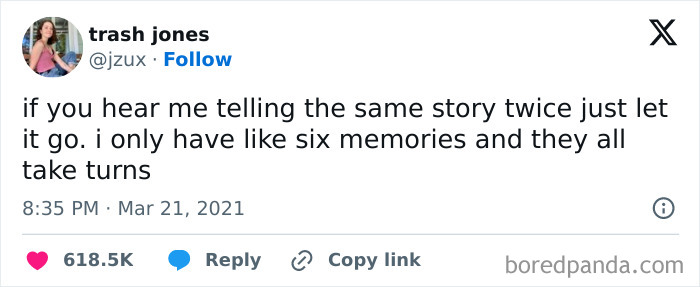
Image credits: Melissa Fingland
#17

Image credits: Håîāsî Sötnás
#18
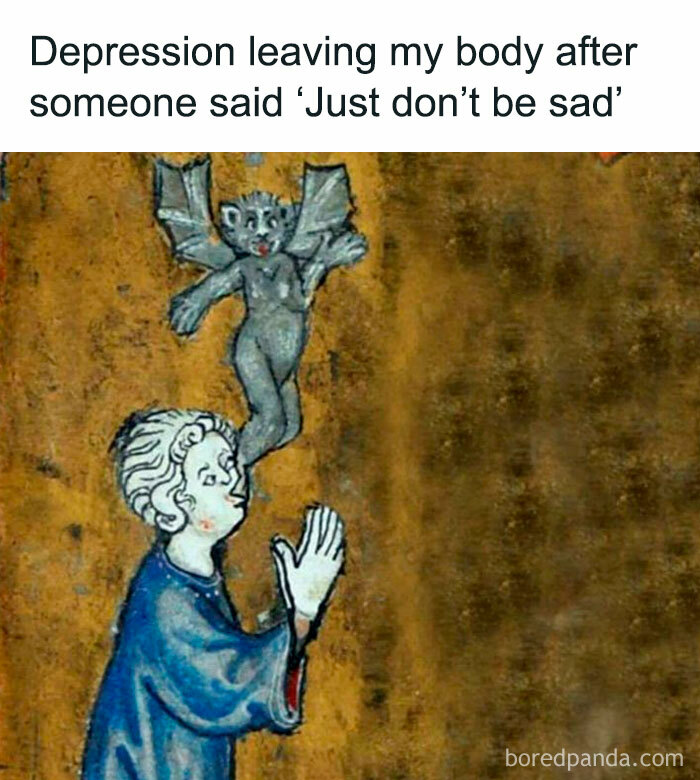
Image credits: Macybrooke Wynne
“Additionally, if these behaviors are used as a primary coping mechanism, they might prevent individuals from developing healthier emotional processing and coping strategies. It’s important for individuals to monitor their engagement with such content and ensure it doesn't interfere with their emotional well-being or social functioning,” said Spelman.
#19

Image credits: Xandria Elizabeth
#20
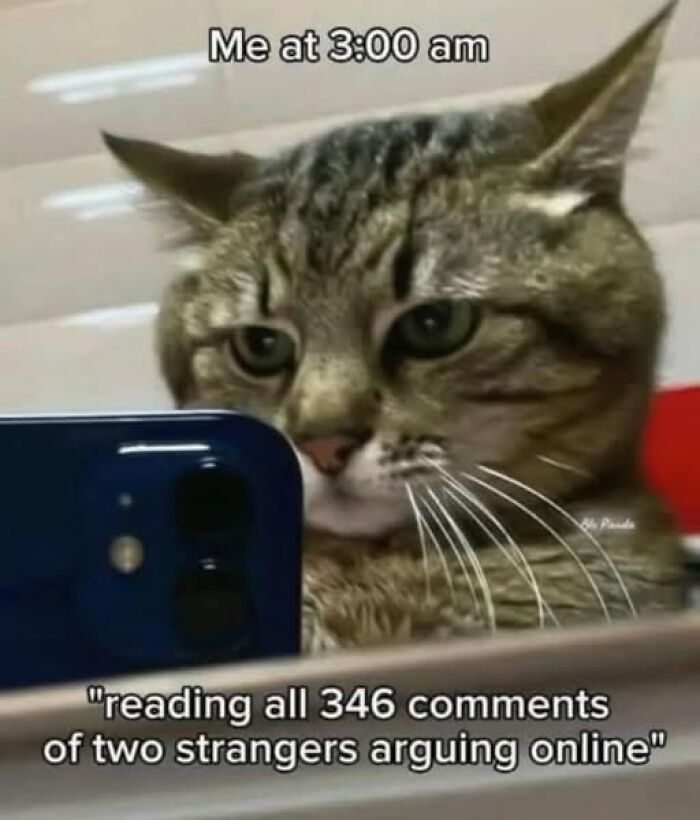
Image credits: Xandria Elizabeth
#21

Image credits: Patience Shai Brann
If a person becomes desensitized, in order to reverse it, it often requires therapeutic intervention like cognitive-behavioral therapy (CBT), which helps to change neurological pathways to the brain. This is usually done by challenging the person’s feelings and behaviors.
#22

Image credits: Alex Canclini
#23
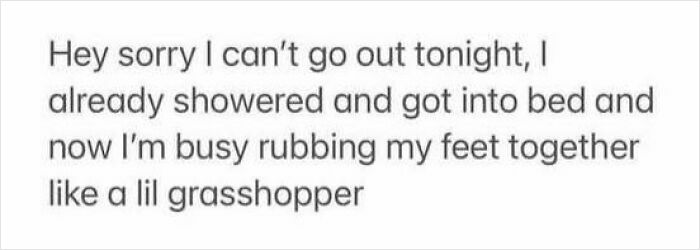
Image credits: Melissa Fingland
#24
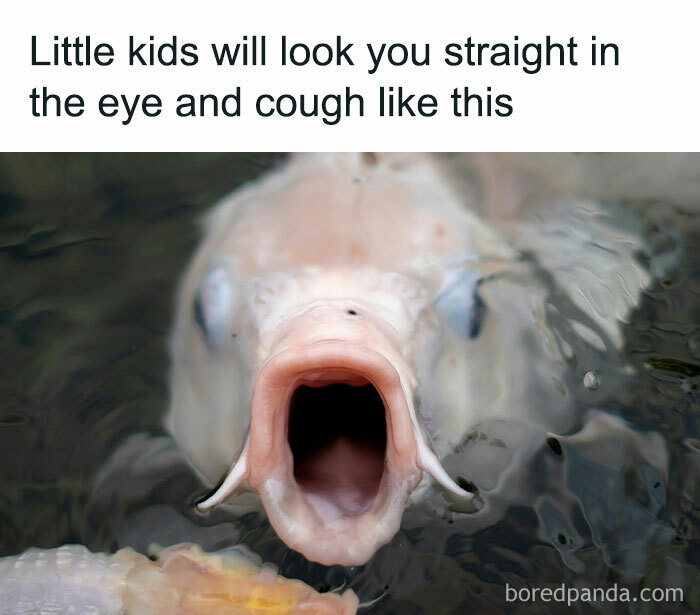
Image credits: Xandria Elizabeth
Everything considered, it’s important to find healthy ways to cope so the seemingly innocent search for weirdness doesn’t progress into something that hinders our well-being.
#25

Image credits: Melissa Fingland
#26

Image credits: Amber Mitchell
#27

Image credits: Molly Fletcher
#28
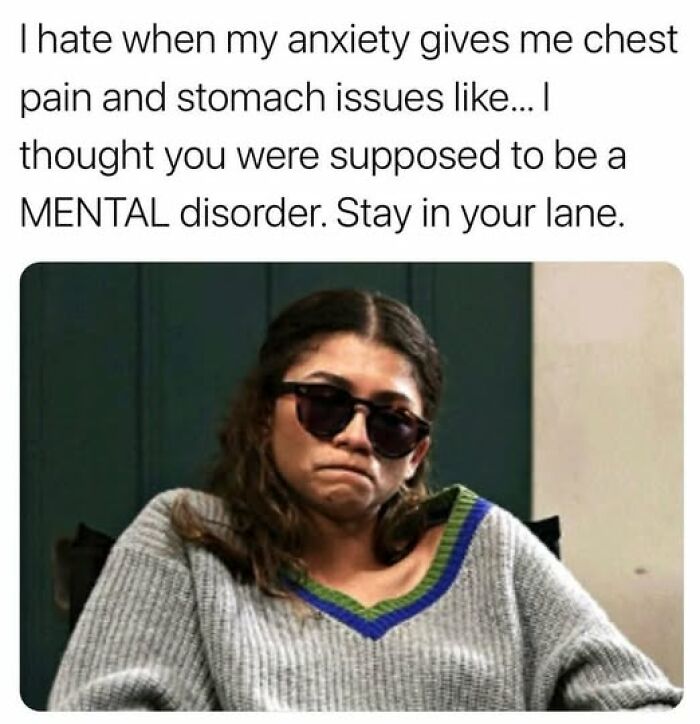
Image credits: Melissa Fingland
#29

Image credits: Doug Hensley
#30

Image credits: Gunter Simon
#31

Image credits: David J Ruedy
#32

Image credits: Celine du Randt
#33
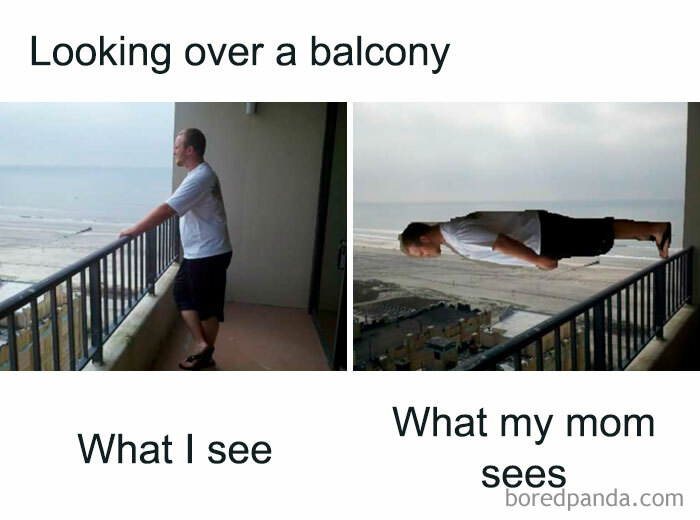
Image credits: Iin Lukman
#34
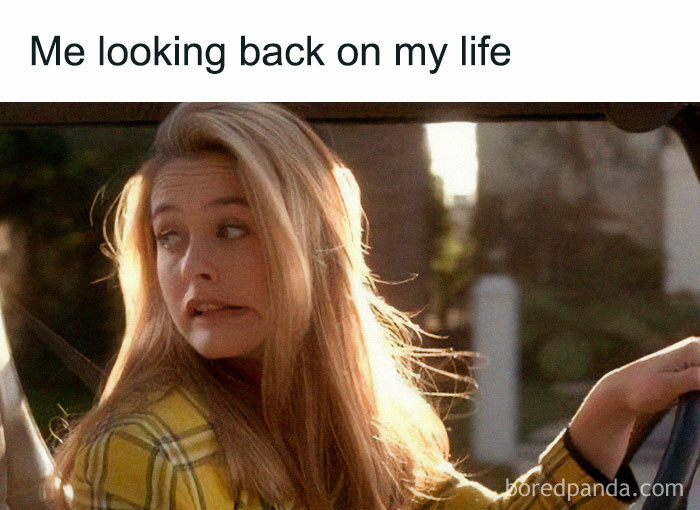
Image credits: Tiffany Smith
#35

Image credits: Lea Cox
#36

Image credits: Alex Canclini
#37

Image credits: Linda Wård
#38

Image credits: Doug Hensley
#39

Image credits: Ayy Vlog
#40
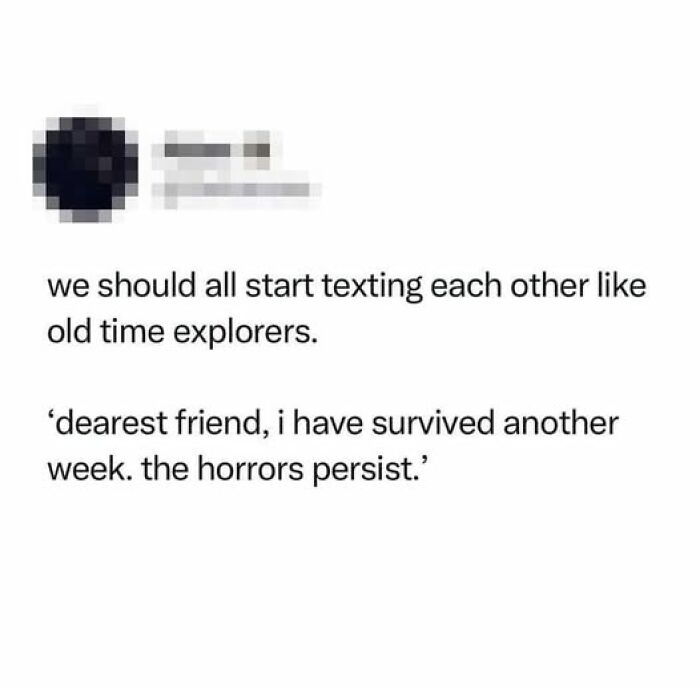
Image credits: Patience Shai Brann
#41

Image credits: Xandria Elizabeth
#42

Image credits: Xandria Elizabeth
#43
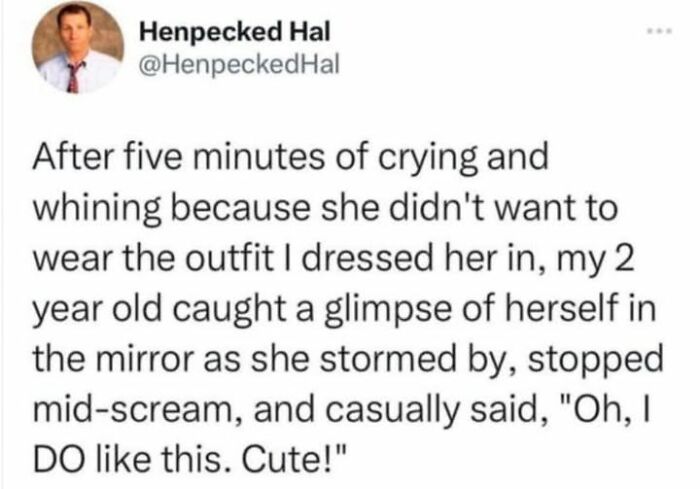
Image credits: Melissa Fingland
#44

Image credits: Xandria Elizabeth
#45

Image credits: Phạm Viết Chiến
#46
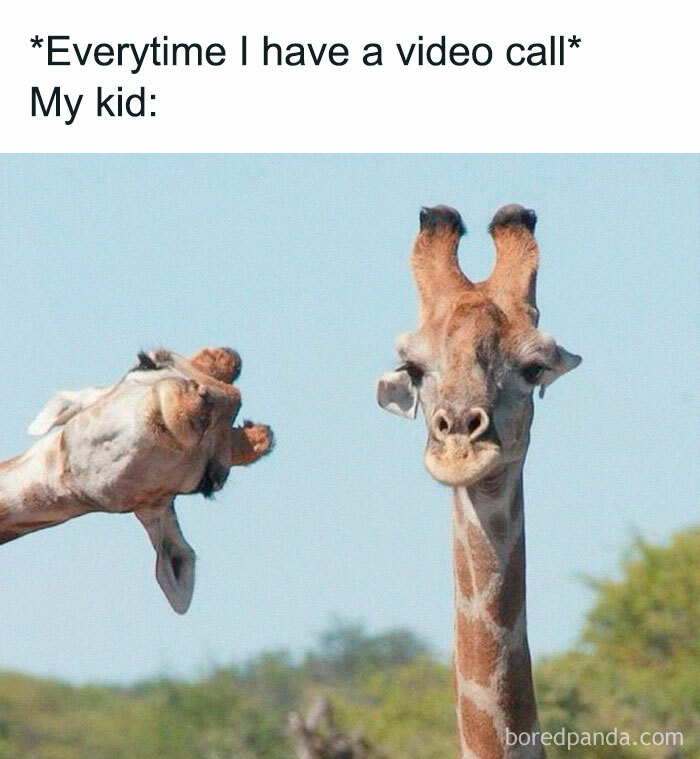
Image credits: Tiffany Smith
#47
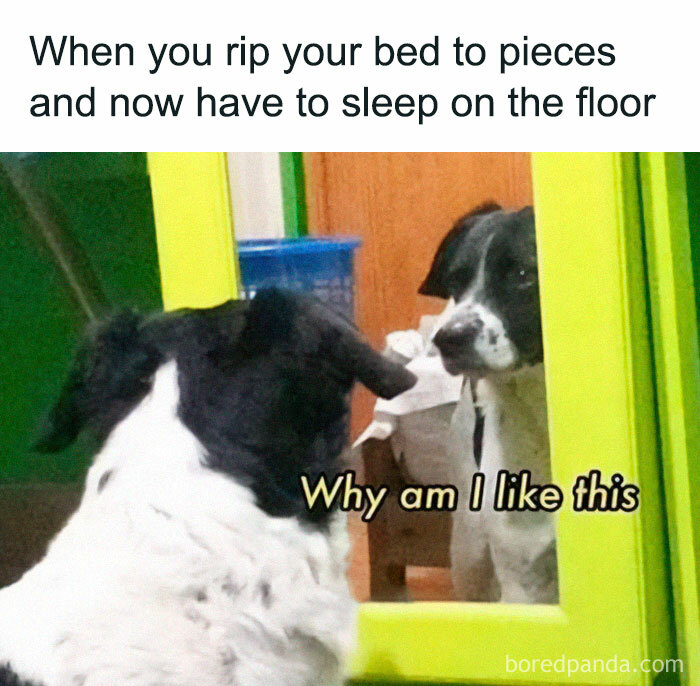
Image credits: Melissa Fingland
#48

Image credits: Iin Lukman
#49

Image credits: Xandria Elizabeth
#50

Image credits: Melissa Fingland







